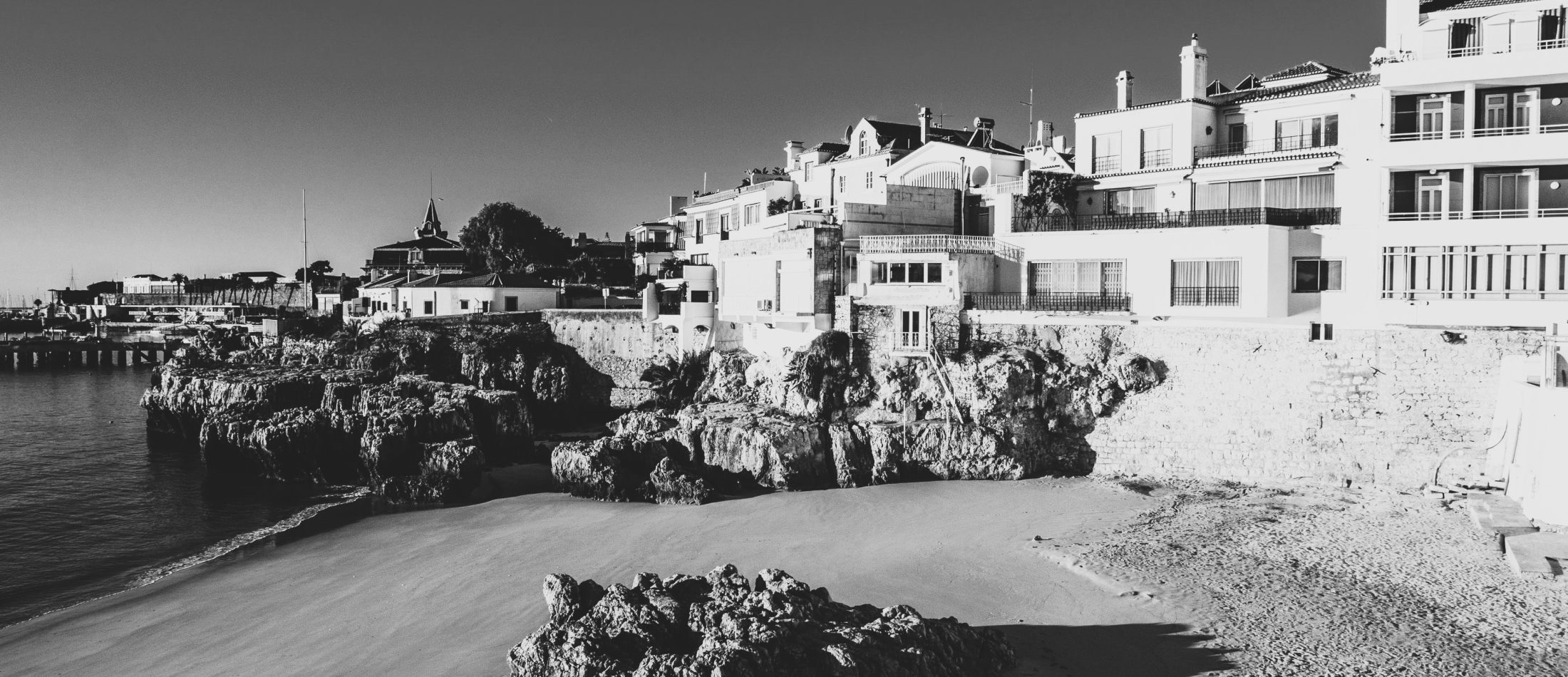Transitional Regime
With the implementation of the 2024 State Budget, the government has repealed the NHR regime that previously offered numerous tax advantages, including exemptions on various income types like pensions and dividends.
Nonetheless, it remains feasible to apply for NHR status in 2024, provided that you establish tax residency in Portugal during that year and satisfy specific conditions.
The Non-Habitual Resident (NHR) status must be applied for with the Portuguese tax authorities by March 31, 2025.
Notwithstanding the mentioned deadline, the Arbitration Court (CAAD) has on several occasions decided that the obligation to apply for the NHR (Non-Habitual Resident) status by March 31st of the year following the year in which the individual became a tax resident in Portugal, is merely a declarative obligation and not constitutive of right, and the non-fulfillment of this requirement cannot result in the failure to obtain the NHR status. However, the right to request taxation as a NHR can only be realized through the challenge of the IRS tax assessment act of the year in which the registration as NHR was denied.
Who is still eligible to benefit from the NHR?
Individuals, both foreigners and Portuguese, who have not been tax residents in Portugal in the preceding 5 years, but who have now become Portuguese tax residents and who meet one of the following conditions:
- Having a job offer or an employment contract, secondment agreement, or similar document signed by December 31, 2023, for positions to be carried out in Portuguese territory.
- Entering into a lease agreement or another contract that grants them the use or possession of a property in Portuguese territory by October 10, 2023.
- Having a reservation contract or a promise of acquisition of real estate in Portuguese territory, entered into by October 10, 2023.
- Enrolling or registering dependents in an educational institution located in Portuguese territory by October 10, 2023.
- Holding a residence visa or residence permit valid until December 31, 2023.
- Initiating the necessary procedures for obtaining a residence visa or residence permit by December 31, 2023, including scheduling an interview or submitting an application to the relevant authorities.
The Advantages of the NHR
work income
- 20% special flat tax rate on labour and self-employment income from high value-added activities sourced in Portugal.
- No taxation on labour income sourced outside Portugal if taxed in the source country.
- No taxation on self-employment income from a high-value activity sourced outside Portugal under applicable tax treaties.
passive income
- Zero tax on dividends, royalties and interests sourced outside Portugal. If these incomes are taxed in the countries of origin, the tax charged should not exceed the reduced rates established in the Double Taxation Agreements signed between Portugal and those countries, which vary between 5% and 15%.
- Capital gains from movable property located in Portugal – are generally taxable between 24% to 29%. If the property is located outside of Portugal, there will be no taxation.
- Capital gains on the sale of shares in micro, small, and medium-sized Portuguese companies (SMEs) are taxed at 14%.
pensions
- Flat 10% tax rate on foreign pensions and Private Pension Funds, with an optional tax credit method to avoid double taxation.
- The same 10% rate applies to income from early retirement, preretirement, or reserve, even without active employment.

Other Tax Advantages not restricted to the NHR
- There is no wealth tax or any tax on large properties or fortunes, except for AIMI (Additional to IMI) a tax rate of 0.7% that applies to the sum of residential real estate properties, owned by individuals and companies, with a value below 1 million euros. A tax rate of 1% applies to the taxable value above 1 million euros and equal to or less than 2 million euros, and 1.5% on the taxable value above 2 million euros.
- Donations and inheritances are completely exempt from taxes between spouses, ascendants, and descendants (up to grandchildren, great-grandchildren, grandparents, great-grandparents, or great-great-grandparents). For gifts and donations to other family members, friends, or strangers, a Stamp Duty at the rate of 10% is charged.
- Exclusion from taxation of capital gains on the sale of permanent residence if the proceeds are reinvested in another permanent residence in Portugal, the European Union, or countries of the European Economic Area.
- Gains resulting from the alienation of crypto assets held for 365 days or more are exempt from taxation. Outside the holding period of 365 days, gains are taxed at a flat rate of 28%. Taxation in the category of capital gains is deferred until the moment of conversion into legal tender, assets other than cryptocurrencies, and services. Transfers between wallets, addresses, or own accounts are a non-taxable event.
- Exclusion from taxation of capital gains on the sale of second-hand valuables: art, cars, and other collectible goods. If sold by private individuals, it will also be exempt from VAT.
- There is no exit tax when ceasing to be a Portuguese tax resident, except for holders of crypto assets to whom a 28% exit tax will be applied on crypto assets held for less than one year.
- Marriage and civil partnership are treated the same for tax purposes.
Duration of the NHR status
The NHR status lasts for a continuous 10-year period. without interruption. Even if you move abroad and become a tax resident elsewhere during this time, the 10-year clock continues to run. You can return to the NHR status in Portugal, but the deadline remains unchanged.
When to apply?
The Non-Habitual Resident (NHR) status must be applied for with the Portuguese tax authorities by March 31, 2025.
Portugal NHR and Social Security
In Portugal, holders of the NHR status must register with Social Security if they earn income from work. Self-employed NHRs are required to pay Social Security contributions after an initial one-year exemption period. Contributions are calculated at a 21.4% monthly tax rate on 70% of gross invoiced income, with a cap of 12 times the Social Support Index (IAS), set at €509.26 in 2024. The maximum tax base is €6,111.12, regardless of higher income levels.
Portugal NHR and Double Taxation Agreements
Portugal has signed tax treaties with almost 80 countries based on the OCDE Model. These treaties generally allow taxation in the source country and impose restrictions on taxing non-residents. Even in cases involving blacklisted jurisdictions with tax treaties, income from such jurisdictions may be exempt in Portugal under the NHR regime.
We are here to advise you on the best tax strategy for your next move.



